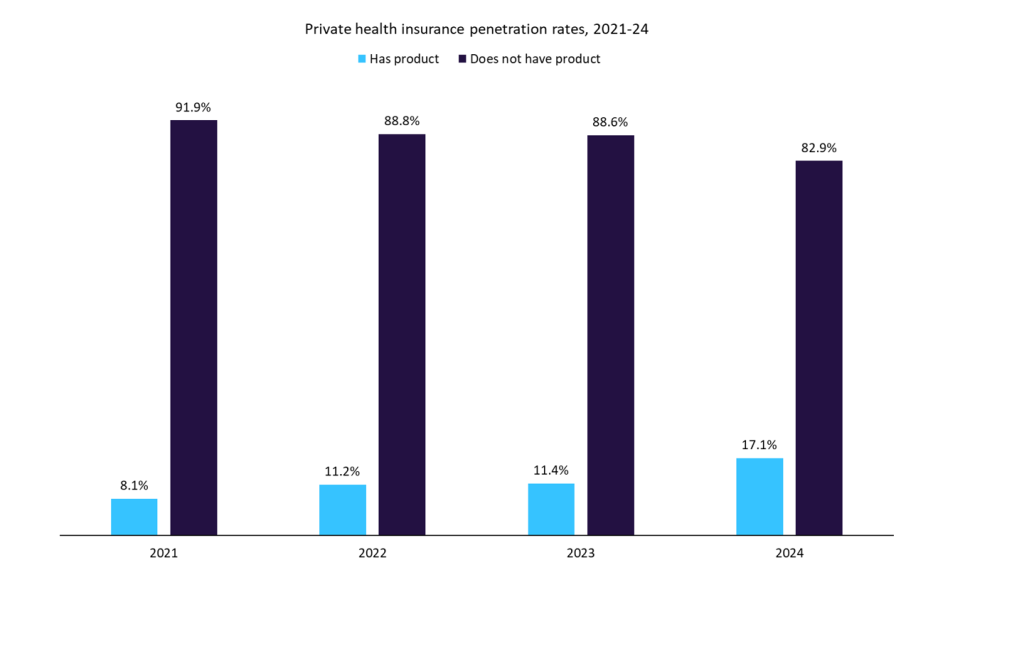
The UK’s Chartered Institute of Taxation (CIOT) and its Low Incomes Tax Reform Group (LITRG) have welcomed the UK government’s commitment to change the law to avoid people being taxed unfairly on their life insurance policies.
The CIOT wants to end income tax charges on life insurance policies, which it argues are completely disproportionate to a taxpayer’s income from them.
At present, the CIOT said a quirk in the tax system means that policyholders who partly withdraw substantial sums early on can unintentionally trigger swingeing income tax charges that far exceed the economic growth of the policy.
HMRC's commitment
The body praised HMRC for its commitment to changing the law in its response to a consultation on the changes which includes a number of options.
The CIOT said it has pushed for a change to the law in informal discussions with HMRC because of serious concerns about the taxation of gains after the much publicised case of Joost Lobler in 2015, who had faced an effective tax rate of more than 700%
How well do you really know your competitors?
Access the most comprehensive Company Profiles on the market, powered by GlobalData. Save hours of research. Gain competitive edge.

Thank you!
Your download email will arrive shortly
Not ready to buy yet? Download a free sample
We are confident about the unique quality of our Company Profiles. However, we want you to make the most beneficial decision for your business, so we offer a free sample that you can download by submitting the below form
By GlobalDataThe CIOT was permitted to make submissions in Lobler’s appeal because of the wider public interest in the case.
Aparna Nathan, chair of CIOT’s CGT and investment income sub-committee, said: “The problem with the rules is that they are overly complex and it is elderly or retired taxpayers that are left particularly vulnerable because of the way the tax regime operates and face a devastating loss of life savings and even bankruptcy.”
Judicial criticism
Nathan explained the informal consultation with HMRC in the lead up to this consultation took place against the background of a number of tribunal decisions where the tax regime governing partial surrender of life insurance policies was subject to severe judicial criticism because of its disproportionate and unfair effect.
“We welcome the constructive engagement from HMRC on this matter, “commented Nathan.
The CIOT’s Low Incomes Tax Reform Group (LITRG) also responded to the consultation. Of the three options, LITRG said it favours the suggestion of a 100% deferred allowance, on the basis that this achieves both simplicity and fairness, as it ensures only economic gains are taxed.
The CIOT ranked this among its two favoured options, the other being to retain the current 5% tax deferred allowance, but bring into charge a proportion of the economic gain (calculated by formula) whenever an amount in excess of 5% is withdrawn.
Anthony Thomas, chairman of LITRG, said: “We think that simplicity should be a key driver in this reform. It is essential that the rules are easy for the taxpayer to understand. In addition, only economic gains should be taxed.
“None of the options is perfect by any means. In some situations, the 100% deferred allowance option might lead to an overall higher tax charge than the suggestion of a formula approach unless top slicing relief is retained. The complexity of the formula approach would make it far more difficult for the unrepresented taxpayer to understand, even if insurance companies were to provide policyholders with detailed supporting information, which is also likely to be complex.”







